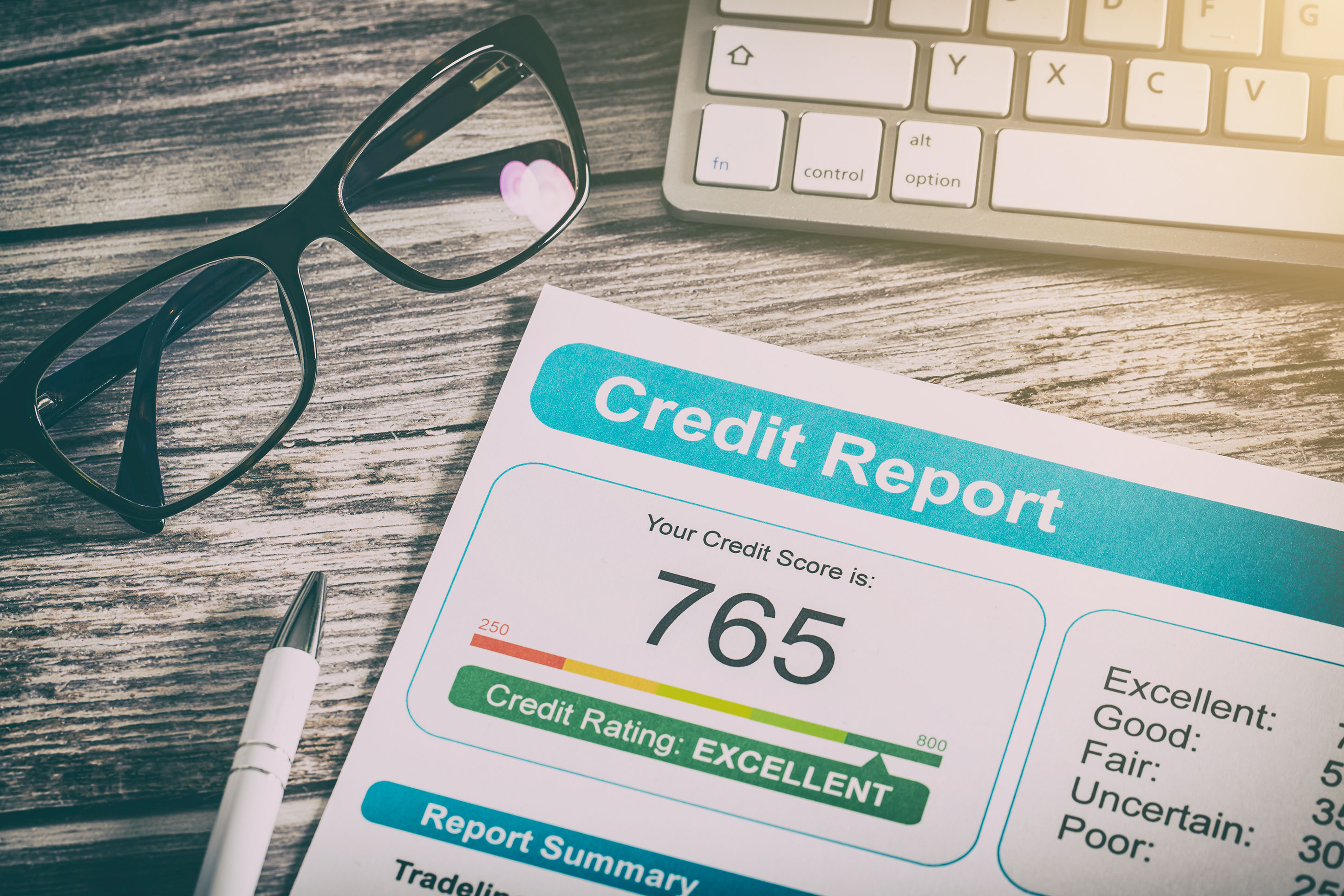Payment history (35%)
Payment history makes up a whopping 35% of your calculated credit score. So if you needed another reason to always make on-time payments, here it is.
Set up automatic payments
Payment history is the category with the biggest impact on your credit score, so make your systems foolproof by setting up automatic monthly payments. You don’t want to have late or missed payments show up on your credit report just because you forgot to pay on time.
Amount owed (30%)
The amount you owe across your debts also plays a big part in your credit score. If you’re using too much of your available credit, that can signal to lenders that you’re overspending already and might not be able to handle more.
Improve your credit utilization ratio
You can improve your credit utilization ratio and often boost your credit score by paying off your credit cards in full each month or by paying more than the minimum due. You can also contact your financial institution to ask for a credit limit increase, which would automatically increase the amount of available credit without you having to make extra payments.

Credit history length (15%)
Credit issuers want to know that you have a good track record with on-time payments and effectively managing your loans. So, in general, the older your oldest line of credit is, the better.
Maintain your oldest account
When you’re just starting out without much credit, you sometimes don’t have many options for credit cards, so you apply for the basic cards that will accept your application. But as time goes by, you might want to get a rewards card to earn cash back or points for travel. Just because you open a new card doesn’t mean you have to close your old account. If you are able to keep that open, too, maybe making a few automatic charges and paying it off in full each month, it might help your credit score in the long run.
New credit (10%)
Every time you apply for a new line of credit, that can lead to a dip in your credit score. Since this category only accounts for 10% of your score, it usually doesn’t have a big impact. And new credit inquiries only stay on your report for two years.

Plan your hard inquiries
Every time you apply for a new line of credit (whether it’s a credit card, home loan, or other personal loan), credit issuers take a look at your credit score. This is known as a hard inquiry, which does affect your score. Most credit scoring systems count every hard inquiry made within two weeks as one hard pull. So if you know you’re going to shop around for auto loans, make sure to get all of those applications submitted within two weeks of each other, so it will only be one ding on your report.
Credit mix (10%)
Lenders want to see that you have the skills to manage lots of different types of credit (known as a credit mix). That means having not just credit cards but auto loans, home loans, etc.
Don’t be afraid of new loans
You shouldn’t necessarily open a new line of credit or apply for a new loan just to help your score. But at the same time, don’t be afraid to purchase a car or apply for a home loan thinking that it might hurt your credit score to apply. The improvement to your credit mix could easily cancel out any dip.
The team of Personal Loan Officers at RMCU won’t leave you hanging. If you’re not sure what you qualify for with your current score, or you need some help getting your credit into shape for an upcoming purchase, get in touch. Our team can help you with answers to your questions and provide plenty of assistance to achieve your financial goals.



